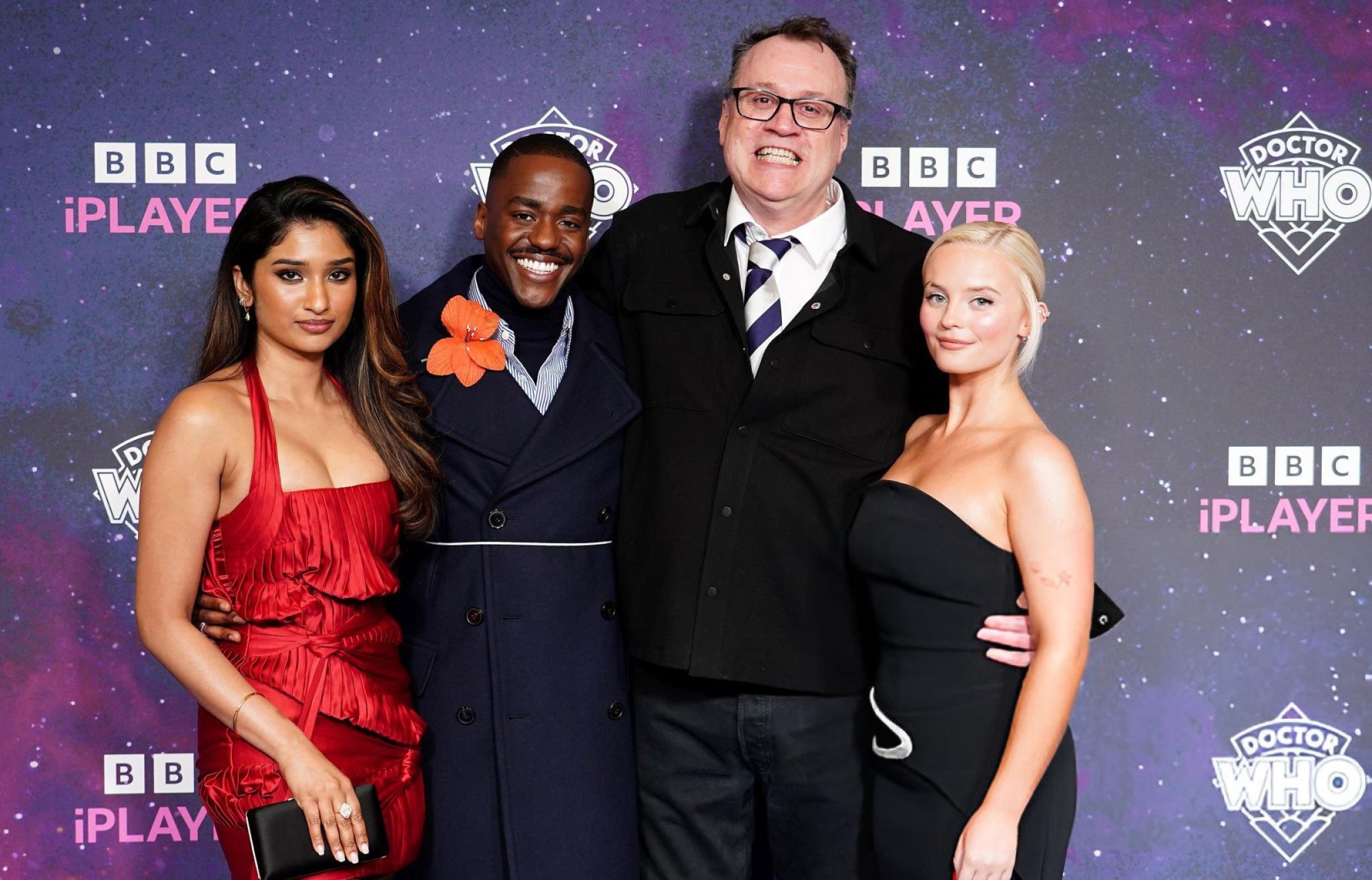‘Doctor Who’ delivers its first full african episode — and it’s absolutely brilliant
In a historic first, Doctor Who has boldly gone where it has never fully gone before: Africa. Episode five of Season 2 on disney+, titled The Story & the Engine, is not only a striking exploration of identity, storytelling, and rebirth — it’s also the show’s first episode set entirely on the African continent with a fully BIPOC cast. And, quite simply, it’s one of the most imaginative and poignant entries in the series’ 61-year history.
Set almost entirely within a Lagos barber shop, the episode is penned by acclaimed Nigerian-British playwright Inua Ellams, marking the first time a Black man has written for the series. The script draws from Ellams’ stage work, Barber Shop Chronicles, which was based on his travels to over 60 Black-owned barber shops across the UK and Africa. That rich tapestry of oral storytelling forms the soul of the episode — but this being Doctor Who, it’s given a mind-bending science fiction twist.
In this tale, stories aren’t just powerful — they’re literally the fuel for travel through a realm called the Nexus, a surreal “story-space” navigated by a mysterious barber who has taken the shop’s customers hostage. The Doctor (Ncuti Gatwa), fresh from one of the show’s most surreal cold opens, ultimately saves the day by inserting his own six-word story into the narrative engine. His choice? “I’m born. I die. I am reborn.” It’s more than a clever play on the show’s regeneration trope — it’s a meditation on identity, migration, and self-acceptance.
This episode also marks the first time the Doctor knowingly lands his TARDIS in Africa. While previous visits — such as the Ghanaian exhibit in 1965’s The Chase or the Egyptian tombs in The Pyramids of Mars (1975) — were fleeting or incidental, this time the location is purposeful and emotionally grounded. Lagos isn’t just a backdrop; it’s integral to the Doctor’s journey and self-understanding.
The Lagos barber shop, once run by the Doctor’s old friend Omo, is a place of comfort and identity for Gatwa’s Doctor, who candidly acknowledges that, in his “Black body,” he can’t always be himself in every part of the universe. “Here,” he tells his companion Belinda Chandra (Varada Sethu), “I can be me.” It’s a quiet but powerful line, offering a glimpse into the intersection of race and time travel that the show has never quite explored so directly.
As Ellams revealed in Doctor Who Magazine, his love for the show dates back to his childhood in Nigeria, where classic episodes were screened on projectors, transforming local spaces into impromptu cinemas. That magic is echoed in the episode through a screen in the barber shop — one that mysteriously projects Doctor Who’s own opening titles inside the story universe, a dazzling and meta-textual moment that captures the show’s ever-evolving charm.
The episode’s six-word story device also draws inspiration from literary legend Ernest Hemingway, who famously penned “For sale: baby shoes, never worn.” The doctor claims credit for giving Hemingway the idea, cheekily suggesting that he wanted to see what the author could do with the concept. It’s a typically who-style moment: playful, knowing, and rich with cultural resonance.
Despite online whispers that disney may not co-produce a third season, this episode is proof that Doctor Who remains as vital and adaptable as ever. If the disney+ deal ends, the BBC’s iconic sci-fi series will simply evolve — as it always has.
And as Gatwa’s Doctor so eloquently puts it, “I’m born. I die. I am reborn.” Whether in Lagos, London, or lightyears away, the stories will continue. The doctor will return.







